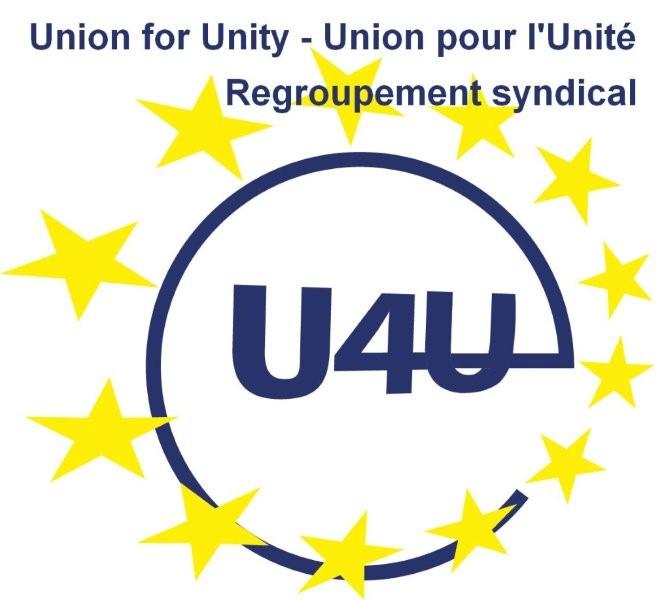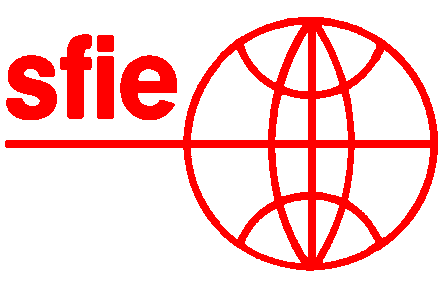
U4U Circular

![]() - N°57 –
6 July 2016
- Editor: G. Vlandas,
Editorial board : P. Kéraudren, K. Slama, F. Andreone, J.-P. Soyer.
- N°57 –
6 July 2016
- Editor: G. Vlandas,
Editorial board : P. Kéraudren, K. Slama, F. Andreone, J.-P. Soyer.
 |
U4U Circular |
 |
|
|
||
 |
Crèches/After-school child care centres in Brussels: 1,350 places short
|
 |
The Juncker Plan; where do we stand? The Commission has been unable to build on the initiative of the Juncker Plan. Its economic results are not convincing, although the Plan satisfied a real need to stimulate an economy that remains lifeless at EU level. On a political level, there is a blatant lack of communication. Since Brexit, some countries have wanted to weaken the Commission, to finish with the broadly ineffective Juncker recovery plan, with a whiff of Neo-Keynsianism; briefly, to complete the transformation of the Commission into a structure applying and overseeing the application of the rules of fiscal orthodoxy without political considerations.
|
 |
The European Union Cyclists' GroupIn 1996, a group that now includes over 1,600 cyclist colleagues from all the European institutions was formed to advance the cause of the bicycle as well as the environment. After twenty years of activity, there has been an increase in the number of bicycle parking spaces inside and outside of the institutional buildings, better access to showers, an improvement in general cycling facilities and counter-theft measures, the provision of bicycles to travel between buildings, participation in consultations to establish cycle routes in the Brussels region and in all public consultations in Brussels relating to mobility and air quality, including space for bicycles on trains, better signs and the promotion of laws governing cyclist mobility, training and information about routes, etc.
|
 |
Air quality in BrusselsAt the end of April 2016, the European Commission sent Belgium a formal notice concerning "ambient air quality and cleaner air for Europe". Belgium is in breach for failing to comply with annual limits set for nitrogen dioxide (NO2). In reality, instead of "Belgium", this should read "the Brussels Region". Since the Directive came into force in January 2010, Brussels exceeded the annual limit every year until 2014. The Commission also criticises Belgium (and therefore the Brussels Region) for not implementing air quality measures in those places where the highest concentrations are observed, with the results obtained subsequently proving to be non-representative. Two major measurement stations at Arts-Loi and Belliard have been closed since 2008 and 2014 respectively. However, the figures from the Arts-Loi station showed a steady rise in the level of NO2 pollution before it was closed. For those of us who work daily in the European quarter or near major road routes (e.g. Beaulieu, Geneva, etc.), and in particular on the two "autoroute" axes formed by the Rue de la loi and the Rue Belliard, air quality is a major issue for our health. U4U requests the administration to take regular measurements of air quality in the most exposed buildings, to release these measurements to staff so that they are aware of the risks they are exposed to on a daily basis, and to notify them to the Belgian authorities so that they can take the necessary measures on our behalf and on behalf of the populations of the neighbourhoods concerned. |
 |
Insurance against the risk of accident and occupational diseaseArticle 73 of the Staff Regulations provides officials and agents of the EU with insurance against the risk of "accident and occupational disease", which reimburses the insured for all medical costs (including home care, nursing, etc. if appropriate) which would remain payable by them after reimbursement by JSIS. The staff contribute, at a rate of 0.1% of basic salary, to the financing of this insurance, which covers its beneficiaries 24 hours a day and 365 days a year, in terms of both professional and non-professional activity. All accidents must be declared to the PMO within ten working days, using the form provided. |